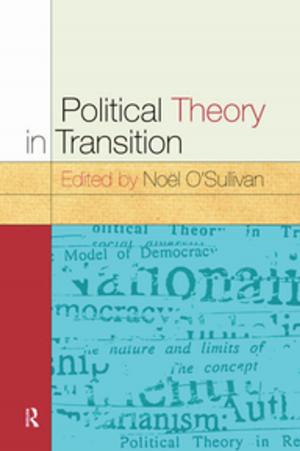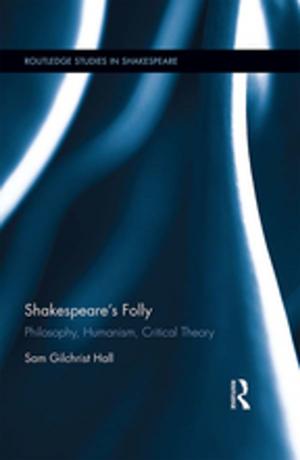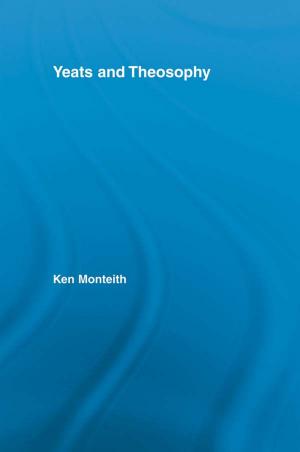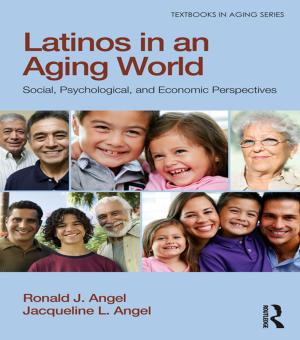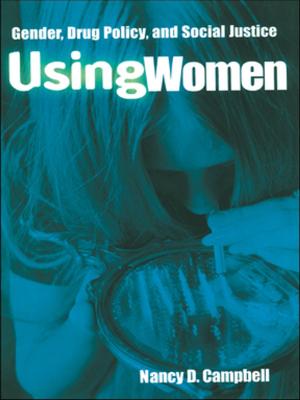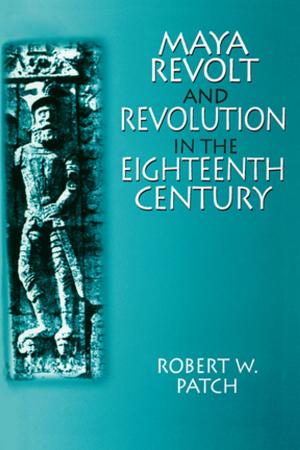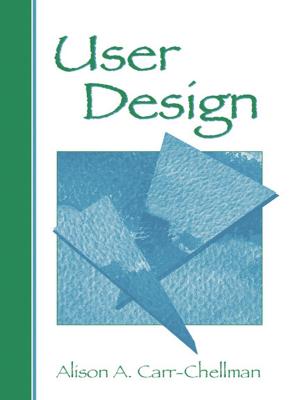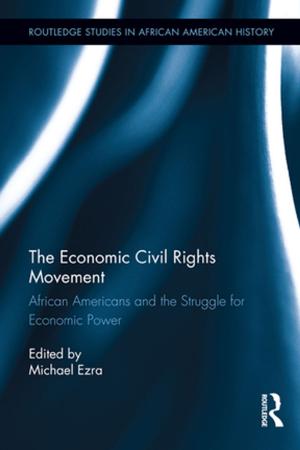Dalit Women's Education in Modern India
Double Discrimination
Nonfiction, Social & Cultural Studies, Social Science, Cultural Studies, Ethnic Studies, Political Science| Author: | Shailaja Paik | ISBN: | 9781317673309 |
| Publisher: | Taylor and Francis | Publication: | July 11, 2014 |
| Imprint: | Routledge | Language: | English |
| Author: | Shailaja Paik |
| ISBN: | 9781317673309 |
| Publisher: | Taylor and Francis |
| Publication: | July 11, 2014 |
| Imprint: | Routledge |
| Language: | English |
Inspired by egalitarian doctrines, the Dalit communities in India have been fighting for basic human and civic rights since the middle of the nineteenth century. In this book, Shailaja Paik focuses on the struggle of Dalit women in one arena - the realm of formal education – and examines a range of interconnected social, cultural and political questions. What did education mean to women? How did changes in women’s education affect their views of themselves and their domestic work, public employment, marriage, sexuality, and childbearing and rearing? What does the dissonance between the rhetoric and practice of secular education tell us about the deeper historical entanglement with modernity as experienced by Dalit communities?
Dalit Women's Education in Modern India is a social and cultural history that challenges the triumphant narrative of modern secular education to analyse the constellation of social, economic, political and historical circumstances that both opened and closed opportunities to many Dalits. By focusing on marginalised Dalit women in modern Maharashtra, who have rarely been at the centre of systematic historical enquiry, Paik breathes life into their ideas, expectations, potentials, fears and frustrations. Addressing two major blind spots in the historiography of India and of the women’s movement, she historicises Dalit women’s experiences and constructs them as historical agents. The book combines archival research with historical fieldwork, and centres on themes including slum life, urban middle classes, social and sexual labour, and family, marriage and children to provide a penetrating portrait of the actions and lives of Dalit women.
Elegantly conceived and convincingly argued, Dalit Women's Education in Modern India will be invaluable to students of History, Caste Politics, Women and Gender Studies, Education Studies, Urban Studies and Asian studies.
Inspired by egalitarian doctrines, the Dalit communities in India have been fighting for basic human and civic rights since the middle of the nineteenth century. In this book, Shailaja Paik focuses on the struggle of Dalit women in one arena - the realm of formal education – and examines a range of interconnected social, cultural and political questions. What did education mean to women? How did changes in women’s education affect their views of themselves and their domestic work, public employment, marriage, sexuality, and childbearing and rearing? What does the dissonance between the rhetoric and practice of secular education tell us about the deeper historical entanglement with modernity as experienced by Dalit communities?
Dalit Women's Education in Modern India is a social and cultural history that challenges the triumphant narrative of modern secular education to analyse the constellation of social, economic, political and historical circumstances that both opened and closed opportunities to many Dalits. By focusing on marginalised Dalit women in modern Maharashtra, who have rarely been at the centre of systematic historical enquiry, Paik breathes life into their ideas, expectations, potentials, fears and frustrations. Addressing two major blind spots in the historiography of India and of the women’s movement, she historicises Dalit women’s experiences and constructs them as historical agents. The book combines archival research with historical fieldwork, and centres on themes including slum life, urban middle classes, social and sexual labour, and family, marriage and children to provide a penetrating portrait of the actions and lives of Dalit women.
Elegantly conceived and convincingly argued, Dalit Women's Education in Modern India will be invaluable to students of History, Caste Politics, Women and Gender Studies, Education Studies, Urban Studies and Asian studies.




